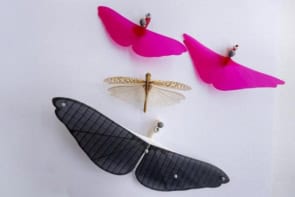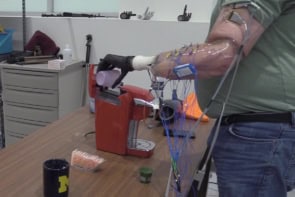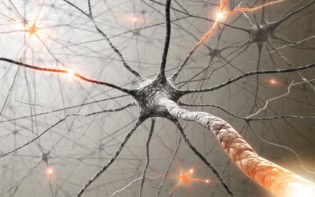By James Dacey
“Genuinely, it could be our generation that first finds life on another planet,” declared astrobiologist Lewis Dartnell last Thursday during a public talk in London. Dartnell was speaking about the possibility of life beyond Earth and what those organisms might be, based on our understanding of life here on Earth. The choice of venue – a pedestrian tunnel near King’s Cross Station bathed in neon lights – brought an appropriate alien vibe to the evening. Part of the reason for choosing the site is because if humans were to one day colonize Mars we would need to spend the first few years living underground to avoid the lethal radiation.
Dartnell, who is based at the University of Leicester, explained that astrobiology is a relatively young field of science exploring the possibility of there being life beyond the Earth. One aspect is to examine life on Earth capable of surviving in some of the harshest conditions, such as extreme temperatures or highly acidic and saline environments. We learned that Dartnell’s personal favourite of these “extremophiles” is Deinococcus radiodurans, a hardy bacterium that can survive high doses of radiation and various other extreme conditions. The name translates to “radiation-resisting fearsome balls” said Dartnell. Deinococcus radiodurans is one of the extremophiles discussed in a feature to be published in the November issue of Physics World.
Dartnell’s talk was one of a series of events organized by the Institute of Physics, which publishes Physics World. For a selection of clips from the event and reaction from some of the audience members, take a look at the video above. Earlier in the day I interviewed Dartnell about his work in astrobiology and the challenges in searching for signs of past or present life on Mars, as well as his thoughts on the film The Martian. You will be able to hear extracts from that interview in the November episode of the Physics World podcast series.



